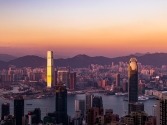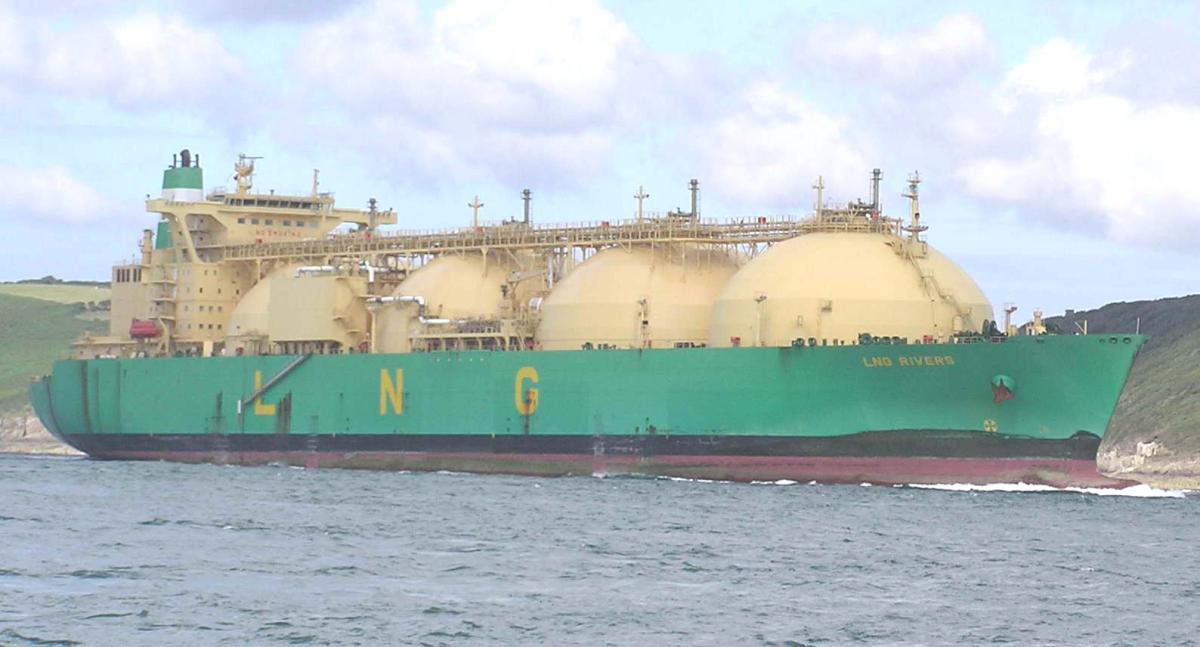
Here's why Japan could lose its top LNG importer status to China
Low LNG demand is triggered by competition from coal, nuclear and renewables and Japan’s slow macroeconomic growth.
According to a new report by Wood Mackenzie, Japan could lose its pole position as the world’s top LNG importer to China as early as 2022. LNG imports in Japan are expected to decline 12% to 72.8 million tonnes per annum (mmtpa) compared to 2018, whilst China’s import volume is expected to surge 37.5% to 74.1 mmtpa.
Despite losing this leadership position, Japanese buyers will continue to take a lead in contracting innovation with developments such as hybrid deals, coal indexation, joint procurement and carbon neutral cargoes. “As several long-term contracts wind down from the early 2020s and with gas and power market liberalisation underway, this innovation will provide buyers more leverage and opportunities in future contracting discussions,” WoodMac said.
Meanwhile, ensuring the security of supply through diversity of supply sources will remain a primary concern. “Japanese buyers should continue to lead the market in sourcing LNG from new supply regions,” WoodMac added.
“Whilst LNG demand is declining, Japanese imports will remain above 70 mmtpa through much of the 2020s. It will remain the second largest LNG consumer in the world until at least 2040, with demand still exceeding 60 mmtpa. As such Japan still provides ample opportunities for LNG sellers, particularly as existing contracts expire,” said senior analyst Lucy Cullen.
“The decline in Japanese imports will be driven by competition from coal, nuclear and renewables in the power sector and slow macroeconomic growth,” Cullen added.
Japan has remained an outlier as a developed power market that has still prioritised construction of new coal capacity. “Opinions on coal within Japan vary widely with pro-coal policy targets misaligned with public sentiment and corporate and investment activities,” Cullen said.
Despite sustained low LNG spot prices, Japan’s electricity market does not favour coal to gas switching on a wide scale. The country remains well-contracted in LNG to the early 2020s as US and Australian supplies ramp-up. “As a result, the average cost of gas for Japanese utilities remains well above spot price and coal is still the cheapest form of electricity generation after nuclear and renewables on a short-run marginal cost basis,” WoodMac said.
Under Japan’s 5th Strategic Energy Plan (2018), the government aims to decrease gas and coal generation (down to 27% and 26% shares, respectively) and offset with greater low-carbon nuclear and renewable generation.
“The tide appears to be turning with increasing restrictions on financing and building coal. As such, we expect this policy target and such a robust share of coal in the generation mix will be increasingly difficult to sustain. This would improve the outlook for LNG,” Cullen added.
On the nuclear front, Japan restarted five plants in 2018 alone. With next restarts scheduled for the mid-2020 and 2021, this is expected to put downward pressure on LNG import requirements in the early 2020s.
“We assume 15 reactors will be back online by 2030, accounting for 12% of power generation, much lower than the official target of 20-22%. While nuclear restarts generally dampen gas generation, our lower nuclear number implies a more optimistic view of LNG demand compared to the government,” Cullen commented.
In line with its pursuit of a low-carbon future, Japan is also targeting 22-24% of its 2030 generation mix to come from renewables (including hydro). Whilst Wood Mackenzie forecasts aggressive additions of wind and solar capacities, further investment will also be needed on power grid infrastructure to cope with this level of renewable generation.
“Japan will just miss its ambitious 2030 target with renewable generation (including hydro) comprising just over 20% of the 2030 mix,” Cullen concluded.
Photo by Pline - Own work, CC BY-SA 3.0


















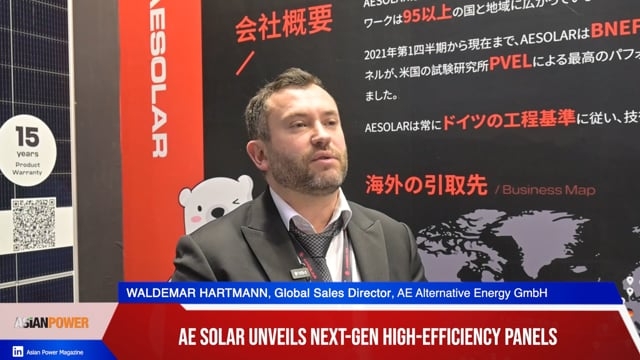
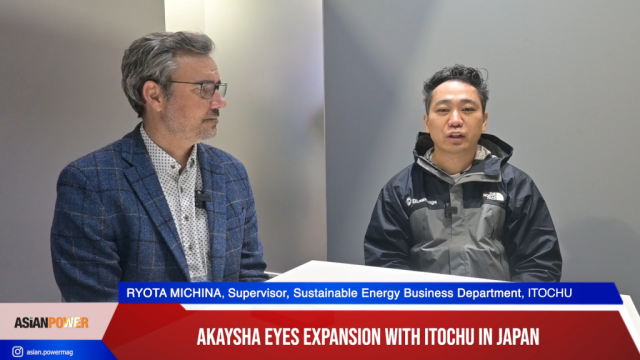
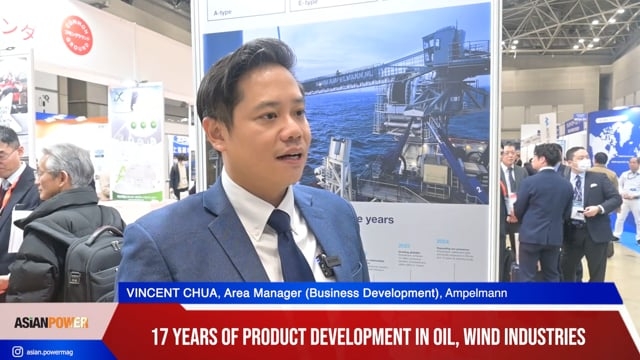
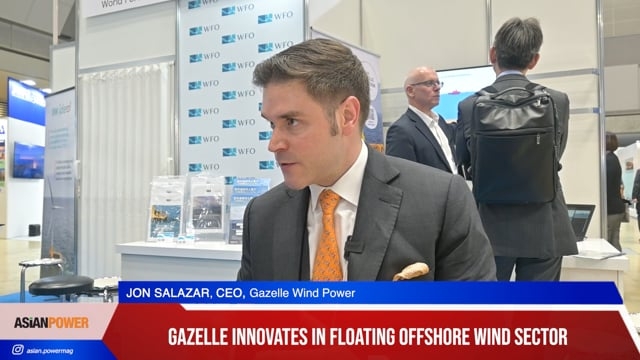

 Advertise
Advertise






